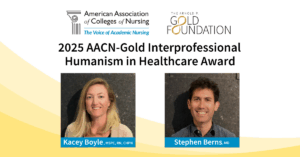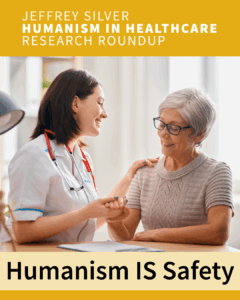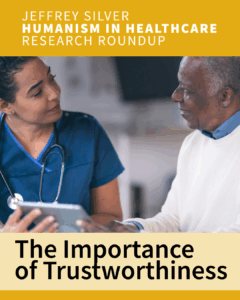 by Cara Coleman, JD, MPH
by Cara Coleman, JD, MPH
Once a month, I teach a session for third-year medical students about the Patient Centered Medical Home as part of their ambulatory clerkship. After I review the American Academy of Pediatrics statement about the desirable characteristics of a pediatric medical home, I attempt to illustrate the dire need for medical homes by describing our family’s experiences with one of our daughters, Justice.
Justice was born with agenesis corpus callosum and has multiple disabilities. Four years ago, she suffered a right colonic volvulus, complicated by fungemia, sepsis and c-diff, and now has short gut syndrome as well as multiple other medical issues.
1 in 5 children in the US have special healthcare needs and they, in turn, consume over 80% of children’s healthcare expenditures. At the same time, they are at higher risk for poor outcomes and more fragmented care. In other words, the biggest consumers of healthcare are those who are most failed by that care. I pause for students to process this, acknowledging that while medicine cannot “fix” every patient, it can and should deliver the care in a coordinated, comprehensive and patient-and-family-centered manner.
Next I try to convey the sheer amount of coordination involved in her care. Despite advances in electronic health records, I am rarely able to get her healthcare team to communicate well across the many different practices and systems in which they are housed. When I explained this to one class, a student commented in his evaluation that “sometimes laypeople do not understand the complexity of communication.”
Being referred to as a layperson did not sit well with me. The more I thought about it, the more upset I got. His comment made me doubt myself as a mother, caregiver, advocate and teacher. But I’ve now realized what I should have said in response:
I am not a layperson, I am a professional
As a lawyer, I am skilled in advocating for my clients, ensuring that they do not slip through the cracks solely because their situation is complex. I also have a Master’s in Public Health, so I appreciate the need to promote healthy behaviors and to ensure that people live and work in healthy conditions. It is with this professional training that I spent the first four months in the hospital with Justice, studying people, processes, and information. I bring this professional experience with me to each appointment for my daughter; ready and able to advocate for her and make informed suggestions for her care.
I am not a layperson, I am a member of my child’s healthcare team
My role on the team is to speak up. I am a partner who participates in the planning and delivery of my daughter’s care including the facilitation of sterile intermittent catheterizations, broviac care and g-j tube care and feedings. Not only are my husband and I raising our children to think, create and serve, but to be responsible for ensuring the health and well-being of Justice and of each other. We empower her siblings to provide care such as pushing meds or spiking the TPN bag. We want them to see themselves as partners in care for each other both now and in the future.
I am not a layperson, I am a mother
Since the vast majority of these third-year medical students are not yet parents, they may not understand that while I do not have the medical training of a physician or nurse, I do have 10 years of training in Justice:
Though she is nonverbal, I know what she is saying, what hurts, and where.
I know what needs to happen each day with her supplies, orders, and forms.
I know her history, her medications, and every member of her healthcare team.
I know how to assess and report this information to each specialist, and I understand the implications of what I report.
But most importantly, I know what makes Justice smile. I know what music she likes; that she loves horses, dogs and dancing; and that nothing makes her happier than her siblings and friends. Meaningful coordination and collaboration with healthcare professionals requires recognizing that I am uniquely capable of providing the parent perspective to complement their specialized clinical expertise.
When I taught the third year medical students again last month, I doubled down on my efforts to relay the need for patient-and-family-centered care and was delighted to find that each student group later named the patient and family as crucial members of the healthcare team.
All of us are people outside of the physician’s office, the ER, or the hospital room. We are not “just” patients, or “just” doctors. In the ten years of Justice’s life, we have been blessed by doctors and nurses who have cared for the health and well-being of our entire family. In turn, we too, have grown to care very deeply for them. We respect, value and trust each other. Although our “medical home” is not “built to spec,” I am thankful that most of our providers value us as partners in care grounded in mutually beneficial relationships.
Learn about the Arnold P. Gold Foundation’s Triple C Initiative, which addresses the need for Compassionate Coordinated Care described so well in this essay.
Cara Coleman, JD, MPH is the mother of four children, one of whom has multiple disabilities and special healthcare needs. She is the author of “I am Justice, Hear Me Roar” about her daughter; an advocate for humanism in medicine; and an instructor of pediatrics at the INOVA Fairfax Campus of the VCU School of Medicine.


